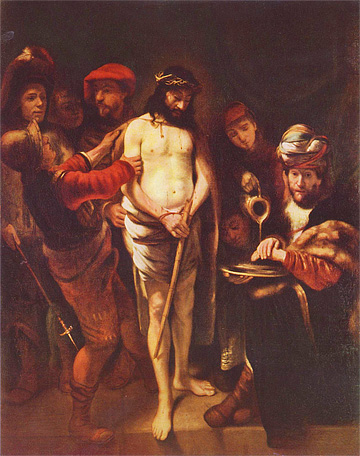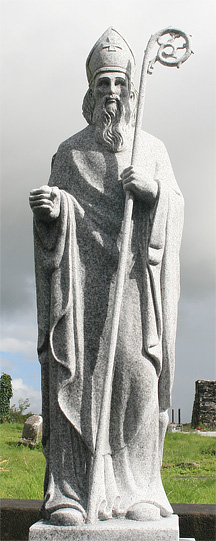Placing This Conversation in Context
Before I proceed to discuss one Jewish perspective on the necessity of Jesus’ death, I must say a bit about the contemporary context for this conversation. For centuries, many Christians hated Jews. Part of the Christians’ justification for their hatred was their belief that “the Jews killed Christ.” Even though Jesus himself had called his followers to love their enemies, somehow the belief that “the Jews killed Christ” justified a very un-Christ-like hatred of all Jews. This sort of twisted reasoning contributed to the unspeakable horror of the Holocaust, in which over six million Jews were murdered by the Nazis.
The ugly history of anti-Semitism makes it difficult to talk objectively about Jewish involvement in the death of Jesus. If one suggests that some Jews were in some way responsible for Jesus’ death, this person runs the risk of being labeled anti-Semitic. When I was in graduate school, I was encouraged to ask all sorts of creative and critical questions about early Christian history. But when it came to the death of Jesus, there was an unspoken rule that prohibited even discussing the possibility of some Jewish responsibility for the death of Jesus. The party line was that the Romans killed Jesus for their own reasons and that the early Christians made up the parts of the passion narrative that implicate Jews. The Christians did so, we were told, partly because they weren’t getting along with Jews during the latter half of the first-century A.D., and partly because they wanted to improve their relationship with the Roman Empire. This theory – filled with more holes than Swiss cheese – was something my colleagues and I were not welcome to examine critically. It was simply off limits. The painful history of anti-Semitism required that the history of early Christianity be told in a certain way, whether it actually happened that way or not. (Photo: Anti-Semitic graffiti in Lithuania in 2005.)
 Therefore, before I discuss Jewish involvement in the death of Jesus, I must say three things quite clearly:
Therefore, before I discuss Jewish involvement in the death of Jesus, I must say three things quite clearly:
1. Anti-Semitism is wrong. From a Christian perspective, it is a sin. No matter who was actually responsible for the death of Jesus, there is no excuse for anti-Semitism. It’s something that Christians and all sensible people should oppose.
2. Even if “the Jews” were completely responsible for Jesus’ death (which I’ve already shown to be false, given the involvement of Pontius Pilate), this would in no way justify anti-Semitism today.
3. Even if a Christian considered “the Jews” to be his or her enemies, that Christian would be compelled by the very words of Jesus to love the Jews, not to hate them.
4. Anti-Semitism is alive and well today (or, alive and sick, perhaps). All moral people, including Christians, should reject and oppose it. Anti-Semitism is morally wrong, unjustifiable, and unchristian.
As you can infer from this introduction, I am going to argue that some Jews were involved in the crucifixion of Jesus, and that they believed that Jesus had to die. But, I think it’s historically incorrect to speak of “The Jewish Perspective” on the necessity of Jesus’ death. If we wish to be accurate, we must talk in terms of “One Jewish Perspective” on the question: “Why did Jesus have to die?” I’ll explain what I mean in my next post.

